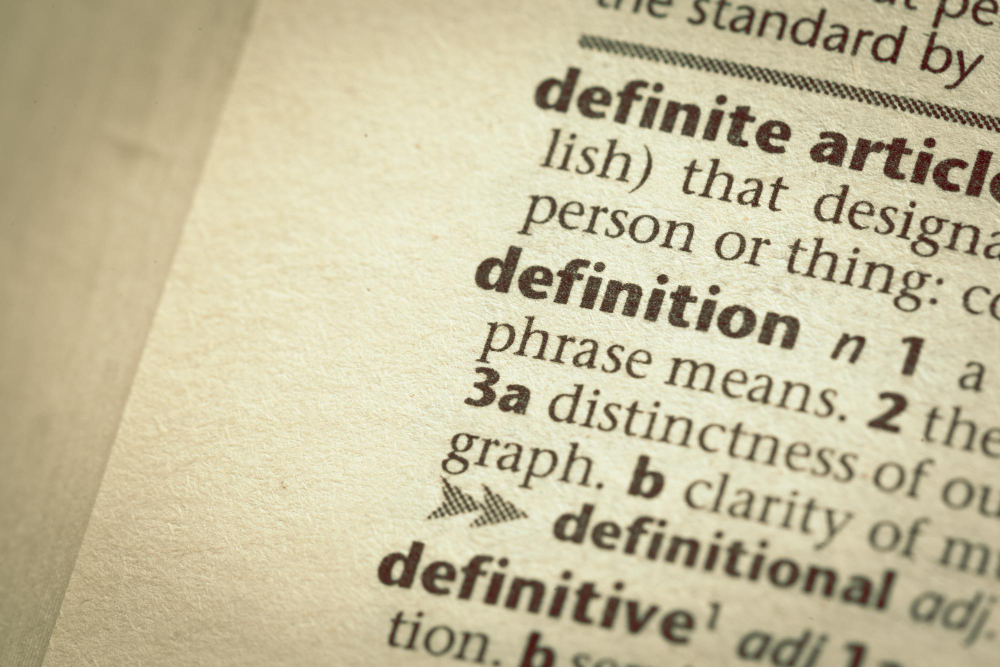Shopping for car insurance can feel overwhelming, especially when you come across terms like “liability,” “comprehensive,” and “collision.” What do they even mean? And more importantly, which one is right for you? If you’re a first-time buyer or just trying to make sense of insurance terms, you’re in the right place.
This guide will break down the differences between liability, comprehensive, and collision coverage so you can make informed decisions. By the end, you’ll know exactly what these terms mean and how they fit into your car insurance policy.
What Is Liability Insurance?
Liability insurance is the foundation of most car insurance policies. It’s often required by law in most states, which means if you’re driving without it, you could be fined or even have your license revoked.
What Does Liability Insurance Cover?
Liability insurance covers damage you cause to others. This typically comes in two parts:
- Bodily Injury Liability (BI): Pays for medical expenses, lost wages, and legal fees if you injure someone in an accident.
- Property Damage Liability (PD): Covers damages to someone else’s property, like their car, fence, or even a mailbox.
When Are You Covered?
Imagine you accidentally rear-end another car at a stoplight. Liability insurance would cover the other driver’s car repairs and any medical bills, but it wouldn’t pay for damage to your own car. That’s where additional coverage types come into play.
Key Takeaway:
Liability insurance protects your wallet from the financial fallout of damages you cause to others. It’s essential—but it’s not enough to cover all situations.
What Is Comprehensive Insurance?
Now imagine that you parked your car overnight, and the next morning you find it’s been damaged by hail or vandalized. This is where comprehensive insurance steps in.
What Does Comprehensive Insurance Cover?
Comprehensive insurance protects against non-collision-related damages, such as:
- Natural Disasters: Hail, floods, tornadoes, and hurricanes.
- Theft or Vandalism: If your car is stolen or intentionally damaged.
- Animal Damage: Coverage applies if you hit a deer or other wildlife.
- Falling Objects: Think tree branches, falling ice, or debris.
When Are You Covered?
This coverage comes into play when unexpected events happen that are beyond your control. For example, if a tree falls on your car during a storm, your comprehensive insurance would help pay for the repairs.
Key Takeaway:
Comprehensive insurance offers peace of mind by protecting your car against a wide range of unpredictable situations—but not collision-related damage.
What Is Collision Insurance?
Collision insurance comes into play when your car collides with another vehicle or object. It ensures that your own ride is covered whether you’re at fault or not.
What Does Collision Insurance Cover?
Collision insurance covers:
- Damage to Your Car: Whether you hit another vehicle, a pole, a guardrail, or something else.
- Single-Car Accidents: If you’re in an accident with no one else involved (like sliding into a ditch), this coverage will help repair your car.
When Are You Covered?
If you accidentally back into a parking post or swerve into a curb to avoid hitting a squirrel, collision insurance will cover the repair bill for your car. However, it won’t cover the other driver’s vehicle—that’s where liability insurance comes in.
Key Takeaway:
Collision insurance is all about protecting your own car after an accident, whether it’s a fender bender or a more severe collision.
Should You Get All Three?
Choosing the right coverage depends on several factors, including your budget, the value of your car, and your risk tolerance. Here’s a quick breakdown to help you decide:
- Liability Insurance: If you drive, this is non-negotiable since it’s legally required in most states. Minimum coverage may be enough for older cars, but if you have assets to protect, consider opting for higher liability limits.
- Comprehensive Insurance: Useful if you live in an area prone to natural disasters, wildlife collisions, or break-ins. It’s especially recommended if your car is relatively new or valuable.
- Collision Insurance: If your car would be expensive to repair or replace out of pocket, collision coverage is a smart investment. If your car has a very low resale value, though, skipping this coverage might make more sense.
Pro Tip: Consider Your Deductibles
Both comprehensive and collision insurance typically come with deductibles (the amount you pay out of pocket before your insurance kicks in). Higher deductibles mean lower premiums, while lower deductibles mean higher premiums. Pick an option that balances affordability with peace of mind.
What Are the Costs of Each?
Here’s a quick snapshot of what you might expect to pay:
- Liability Insurance: This coverage is the least expensive. Costs average $600 annually, depending on state laws and your driving history.
- Comprehensive Insurance: Adds about $150–$300 annually to your premium, depending on your car’s value.
- Collision Insurance: Adds $250–$500 annually to your premium. Costs increase with higher coverage limits or lower deductibles.
To keep costs manageable, many young drivers and first-time buyers choose liability-only coverage initially and then add comprehensive and collision as their budget allows.
Wrapping It All Up
Liability, comprehensive, and collision insurance each serve unique purposes within your car insurance coverage. Liability protects you from legal and financial trouble after causing an accident, comprehensive shields you from uncontrollable events, and collision ensures you don’t bear the cost of repairing your own car.
If you’re trying to figure out which coverage makes the most sense for your situation, start by evaluating your financial position, driving habits, and the value of your car. For first-time buyers or young adults, sticking to the essentials and gradually expanding your coverage is often a smart approach.
Delgado’s Insurance: Dependable Insurance in California
If you need dependable and affordable insurance in the Golden State, look no further than Delgado’s Insurance.
We have locations in Riverside, California, and Bloomington, California. Get in touch today by telephone (951-361-0084, 909-421-9003), email (mail@delgadosinsurance.com), or through our social media accounts (Facebook, Twitter and LinkedIn)!




